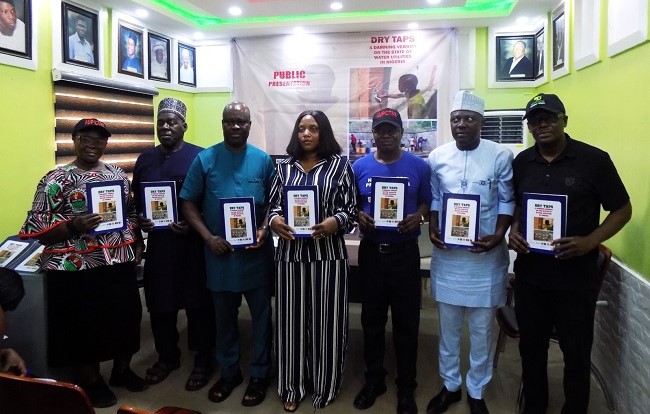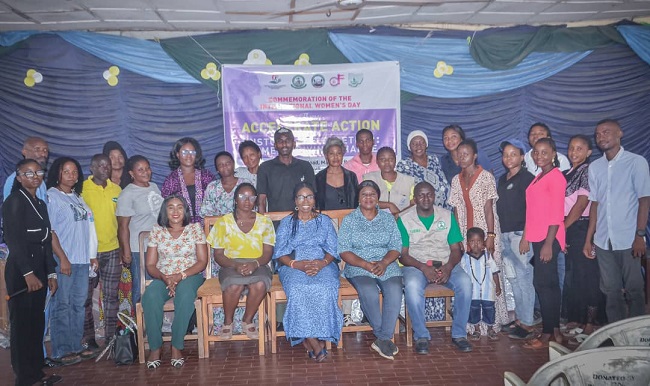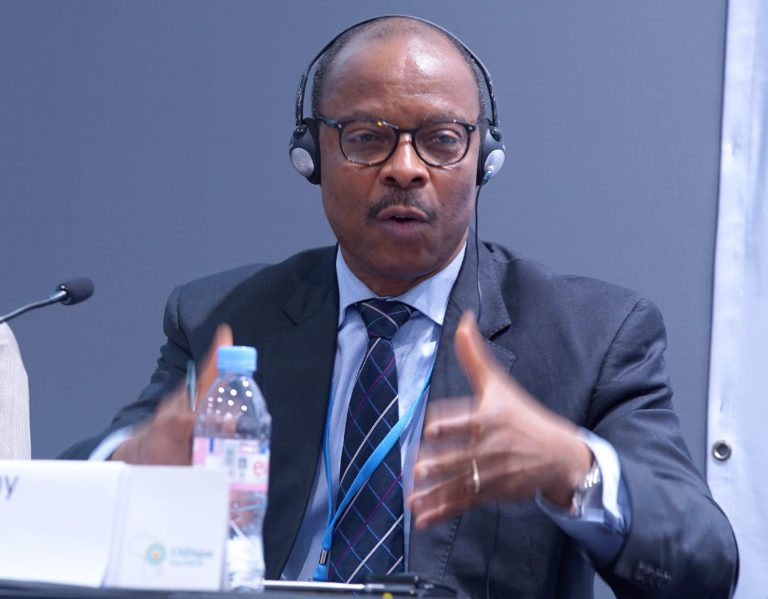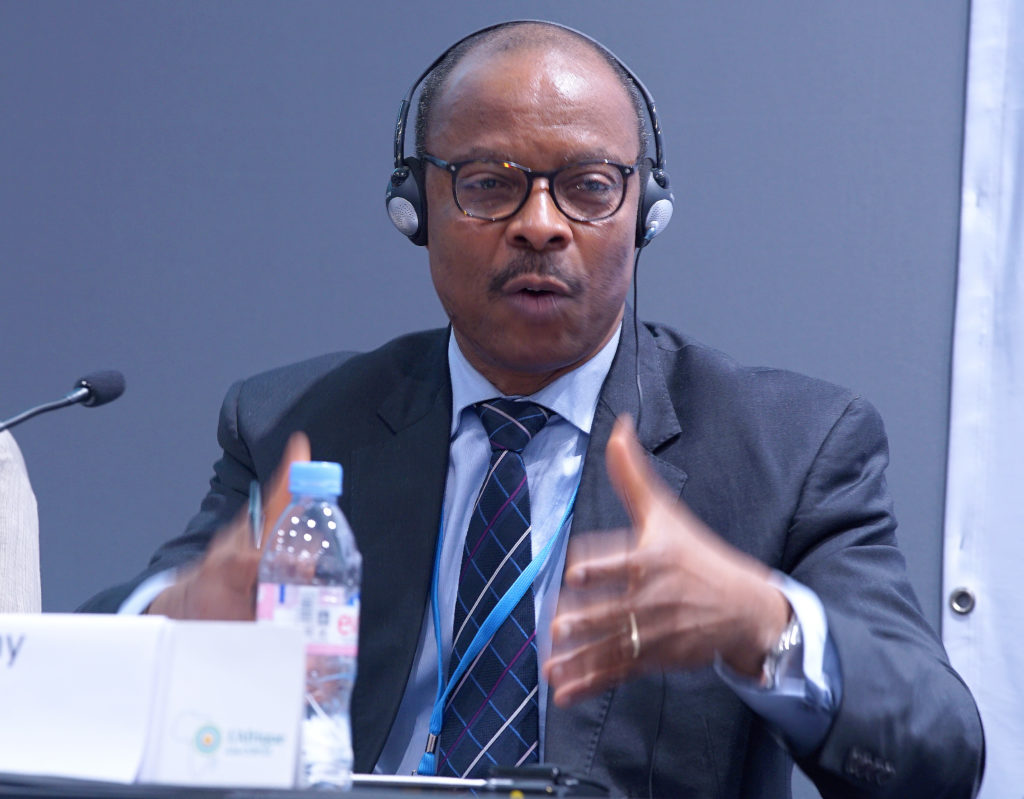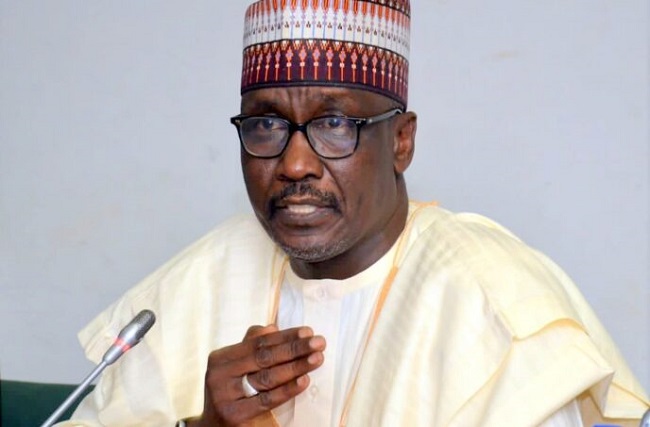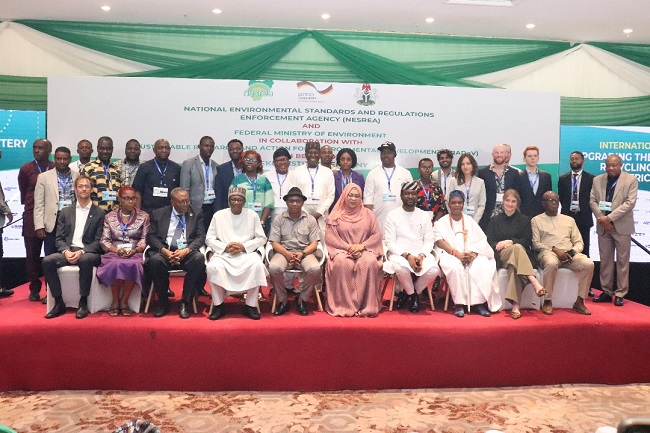Based on his world-renowned research and work on flood risk reduction, water resource management, flood scaling, and regional process hydrology – Professor Günter Blöschl has been declared winner of the Stockholm Water Prize 2025.
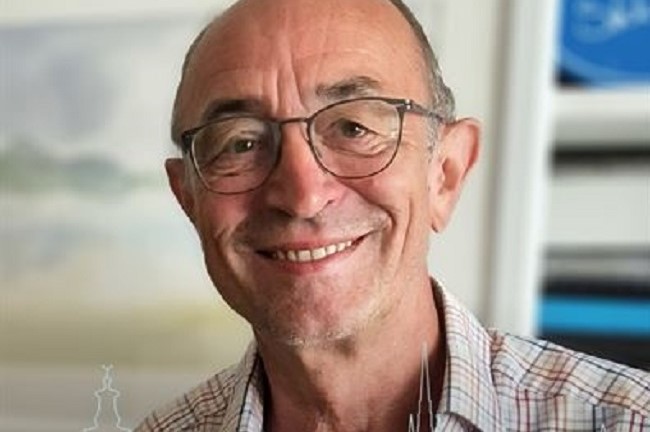
Professor Blöschl is a pioneer of water engineering. His comprehensive database and analysis are said to have revolutionised and deepened the global understanding of flood risk reduction and water resource management. His contributions make him the founder of the new and growing scientific field, regional process hydrology, and co-founder of sociohydrology, both of which advance our knowledge of flood risks under climate change on a global scale.
In its citation, the Prize Committee of the Stockholm Water Prize said: “Professor Günter Blöschl is the world’s leading flood hydrologist. He has made groundbreaking contributions to understanding the drivers of increasing flood risks under climate change coupled to the strong influence of regional flood processes. His observation-based connection between climate and floods revealed that the last two decades have been markedly flood-prone compared to the historical record.”
On winning the Stockholm Water Prize, Professor Blöschl states: “This is such an honour. It really makes me think about how lucky I am to be working with such brilliant people.”
He has worked alongside previous prize laureates, Taikan Oki and Andrea Rinaldo.
Günter Blöschl is a professor at the Vienna University of Technology, the current head of the Institute of Hydraulic Engineering and Water Resources Management at the Vienna University of Technology, as well as the Director of the Doctoral Programme of Water Resources Systems at the Vienna University of Technology, that he founded more than 15 years ago, and part time professor at the University of Bologna. He grew up in Vienna, where he currently lives with his family, three children and four grandchildren.
Professor Blöschl’s research took him to many international locations, including the US and Canada, and he spent two years in Australia. He enjoys being a citizen of the world, in particular working with people, gaining new international perspectives on scientific and societal issues, and believes that there is immense value in sharing perspectives and aims across disciplines and sectors of society.
Anette Scheibe Lorentzi, Chair of Stockholm Water Foundation, says: “With his ground-breaking research, Professor Blöschl has made invaluable contributions to our understanding of flood risk reduction and sustainable water resource management. In the face of a changing climate, this knowledge is more important than ever, and I congratulate Professor Blöschl on being awarded the Stockholm Water Prize 2025.”
The Stockholm Water Prize is awarded by the Stockholm Water Foundation in cooperation with the Royal Swedish Academy of Sciences. The Prize will be presented to the Laureate, Professor Blöschl, by H.M. King Carl XVI Gustaf of Sweden, official patron of the Prize, during the World Water Week in Stockholm in August. Founding partners of Stockholm Water Prize are Ålandsbanken, Bacardi, PDJ Foundation, WEF, and Xylem.

